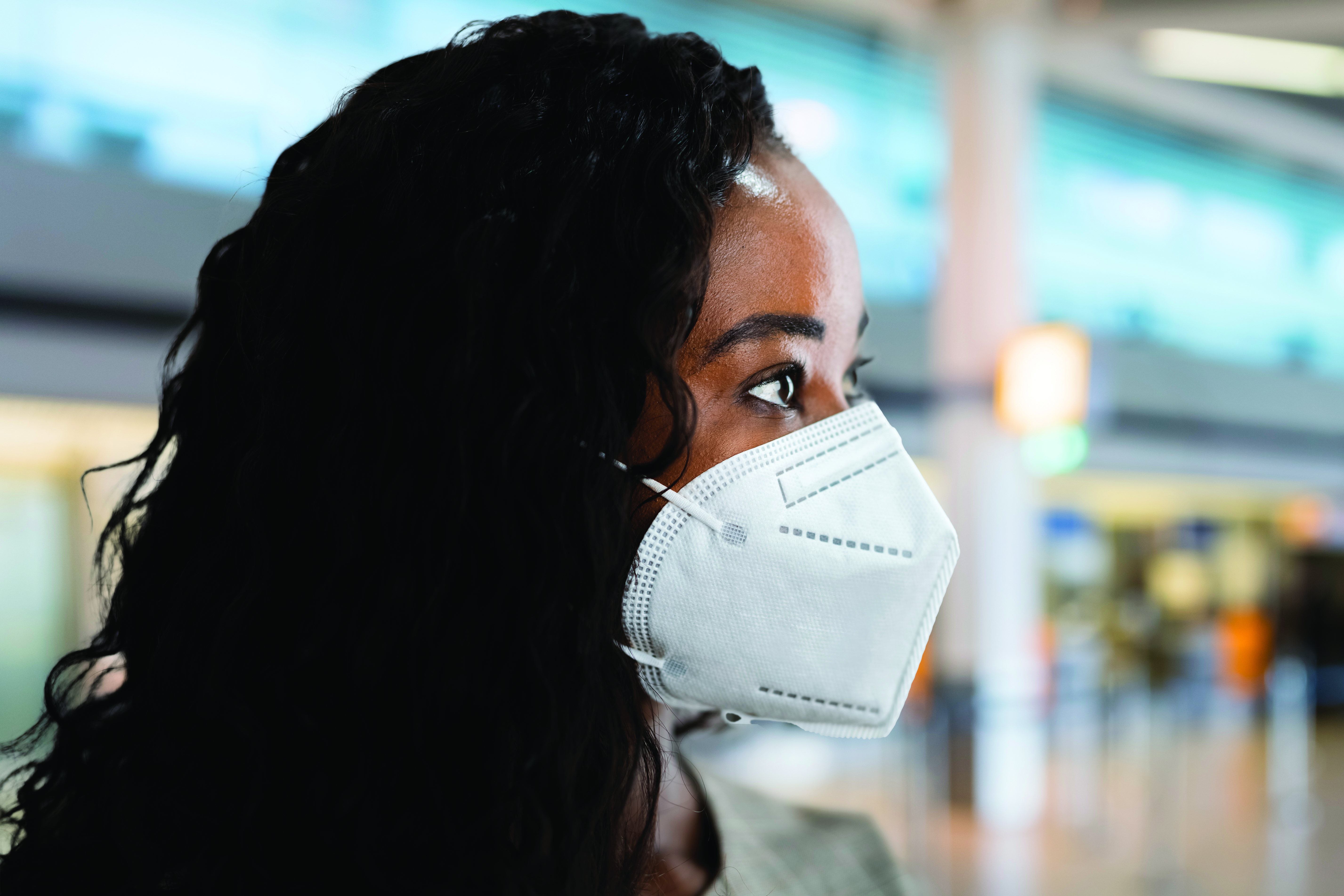Risky Business

As employees return to business travel, albeit with masks on, a new study out of Emory shows that frequent travel for work may pose additional health risks not related to COVID-19.
Busy and stressful travel schedules may increase the risks of obesity, which can lead to conditions such as heart disease and diabetes.
The study was published in the Journal of Occupational and Environmental Medicine and is the first to evaluate the association of business travel with all three body-composition measures: body-mass index (BMI), body-fat percentage, and belly fat. Most research on health risks associated with travel has focused on the international travel-related risks of infectious diseases.
Emory researchers reviewed de-identified health information from 795 people who had physicals at Emory’s Executive Health Center from 2017 to 2018. Participants filled out a health history questionnaire about frequency for domestic and international business travel, and shared information about work hours, exercise habits, amount of sleep, and more. Mode of travel was not asked.
“From this research, we found that business travel has a connection with body-composition metrics; those traveling most frequently had a higher body-mass index, body-fat percentage, and belly fat, and therefore were at the highest risk of developing chronic disease,” says lead author Sharon Horesh Bergquist, associate professor of medicine and medical director of Emory Executive Health Center. “The health risk increased when the sum of travel was extensive, exceeding 20 days per month.”
In the study, 651 participants were male and 144 were female, with a mean age of 52 years. Most of the participants were Caucasian followed by African American. Both men and women worked an average of 53 hours a week. Median travel frequency was six days per month, with 83 percent being domestic. Males traveled more than females, and more than half of the sample did not travel internationally.
Inadequate sleep and exercise had a more pronounced effect on body-composition measures in female travelers.
“Our results suggest that attention to lifestyle factors, specifically exercise and adequate sleep, is important for all business travelers and of particular importance for women,” says Bergquist, who says other ways to reduce health risks include healthier eating options, ample water for hydration, and scheduled downtime for rest and reflection. “We have a tremendous opportunity to challenge old ways and start afresh,” she says. “These data support balancing the benefits of business travel with the potential health risks.”



